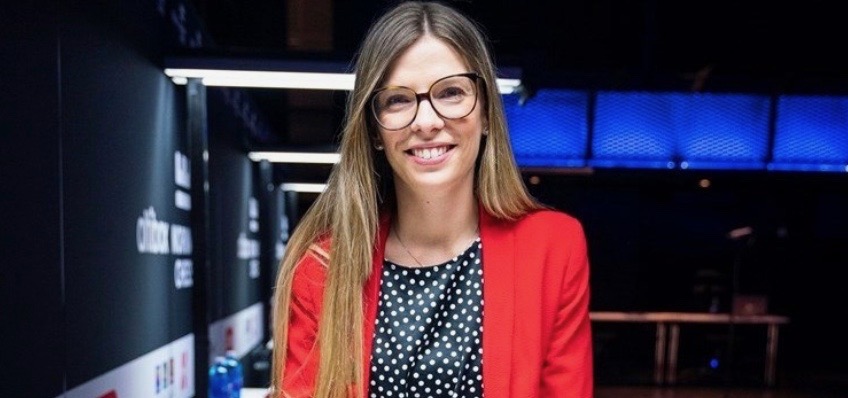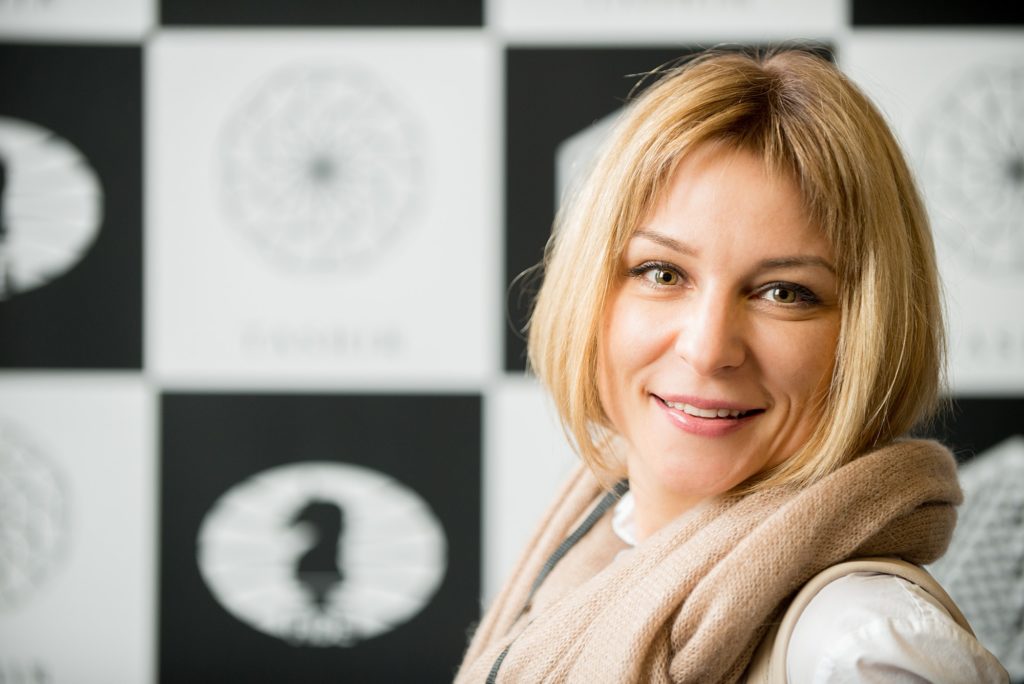HOW DID YOU BECOME A CHESS ARBITER AND HOW DOES ONE BECOME AND CHESS ARBITER IN GENERAL?
Anemone: There are two arbiters’ titles at the international level: FIDE Arbiter (FA) and International Arbiter (IA), the highest title. To apply for the title of international arbiter, first you have to become a FA, and to become a FA you have to follow a FA seminar, pass an examination and arbitrate some FIDE rated events. Each federation sets its own regulations concerning national arbiter titles. In France, the national training cycle is demanding. First, I had to pass four national titles before being able to receive the FA title. If I remember correctly, I did at least 46 hours of theorical courses, passed six exams and arbitrated several chess tournaments. It took me a total of six years (2004-2010) to become an international arbiter. I was very motivated. Today in France, the national training cycle has changed but it’s still very demanding.
Anastasia: I was born in a chess family. My uncle was the first ever Belarusian GM, Viktor Kupriechik. I started playing chess at the age of five, which was at a very early age at that time. As I turned 20, I clearly understood that I can’t became a world champion! But as I always loved chess and I wanted to stay in the chess community I decided to become a chess arbiter. I was entitled the international arbiter title in 2002. A lot of good arbiters are chess players who did not become professional players. And that makes sense, because you know the psychology of the athletes and how they think during a game which in turn allows you to respond to their needs appropriately.
Shohreh: Chess has been at the centre of my life ever since my father introduced it to me when I was nine years old. I took an immediate interest in the “laws” of chess and other regulations even as a young player. I would have begun working as an arbiter at a younger age but in Iran you have to be 18. I was attending arbiter courses voluntarily before I was 18 but I was not allowed to take the exam. When I finally turned 18, I immediately passed the exam and went on to advance through the three national arbiter levels in Iran. Then I participated in an FA course and I knew right away that this was going to be my profession. It was a defining moment of my life because I had my own chess school in those days and played professionally at the same time. After much thought I decided to close the school and follow my dream – to become a professional arbiter.


